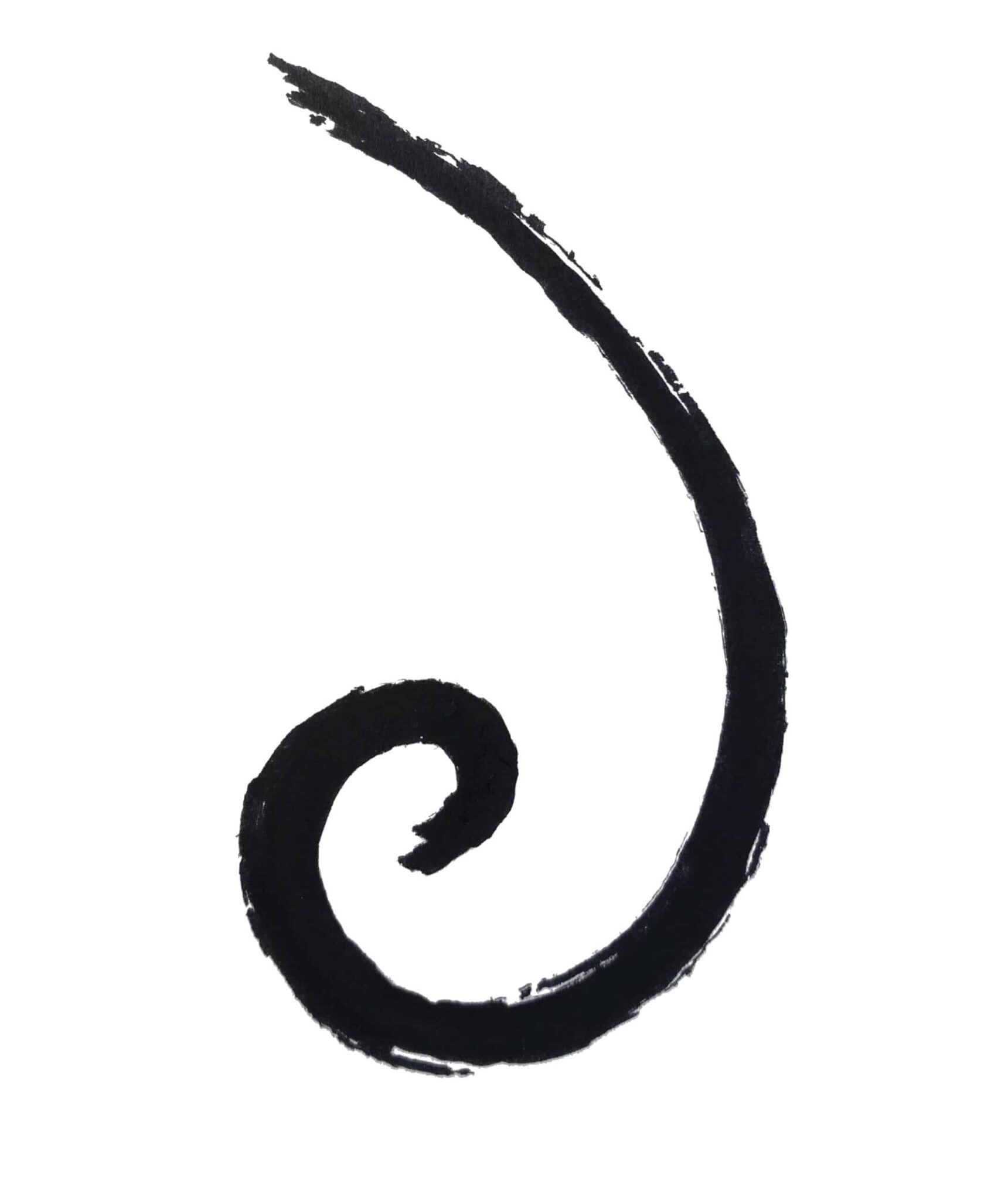
Fritjof Capra (born 1939) is an Austrian-born American physicist and systems theorist. His work examines connections between physics, biology, systems theory, and ecological philosophy.
Born in Vienna, Capra earned his PhD in theoretical physics from the University of Vienna in 1966. He conducted research in particle physics at the University of Paris (1966-1968), University of California Santa Cruz (1968-1970), Stanford Linear Accelerator Center (1970), Imperial College London (1971-1974), and Lawrence Berkeley Laboratory (1975-1988).
The Tao of Physics: An Exploration of the Parallels Between Modern Physics and Eastern Mysticism (1975), his first book, examined similarities between quantum physics and Eastern philosophical traditions. Published initially by a small press, it became a bestseller and has been translated into twenty-three languages. The book influenced discussions about quantum mechanics and mysticism, though it has received both acclaim and criticism from physicists.
Capra’s The Turning Point (1982) examined connections between scientific paradigm shifts and social transformation. The Web of Life (1996) synthesized work on complex systems, drawing on research by Humberto Maturana, Francisco Varela, Gregory Bateson, and Ilya Prigogine. He proposed a systems-based approach for examining relationships among biological, psychological, and social phenomena.
In 1984, Capra co-wrote Green Politics with Charlene Spretnak after touring Germany and studying the German Green Party. He contributed to the screenplay for Mindwalk (1990), a film based on ideas from The Turning Point.
In 1995, Capra founded the Center for Ecoliteracy in Berkeley, California, which promotes systems thinking in primary and secondary education. The Center develops curricula examining ecological principles and sustainable practices.
Capra co-authored The Systems View of Life (2014) with Pier Luigi Luisi, a textbook integrating biological, cognitive, social, and ecological dimensions. He served on the faculty of Schumacher College and sits on the Council of Earth Charter International.
Key Concepts
- Systems Thinking: Examining interrelationships and interdependence among phenomena
- Paradigm Shift: Transition from mechanistic to holistic worldview
- Ecoliteracy: Education based on ecological principles and systems understanding
- Web of Life: Networks of relationships in living systems
- Deep Ecology: Philosophical perspective recognizing intrinsic value in nature
Selected Quotes
Selected Quotes
- On Deep Ecology / Ecological Awareness
“Deep ecological awareness recognizes the fundamental interdependence of all phenomena and the fact that, as individuals and societies we are all embedded in (and ultimately dependent on) the cyclical process of nature.” Source: The Systems View of Life: A Unifying Vision (with Pier Luigi Luisi), 2014.
“Deep ecology does not separate humans - or anything else - from the natural environment. It does see the world not as a collection of isolated objects but as a network of phenomena that are fundamentally interconnected and interdependent. Deep ecology recognizes the intrinsic value of all human beings and views humans as just one particular strand in the web of life.” - Fritjof Capra
- On Systems Thinking vs Analytical Thinking
“Systems thinking is “contextual,” which is the opposite of analytical thinking. Analysis means taking something apart in order to understand it; systems thinking means putting it into the context of a larger whole.” Source: The Systems View of Life: A Unifying Vision.
- On Science and Mysticism / Non-Duality
“Mystics understand the roots of the Tao but not its branches; scientists understand its branches but not its roots. Science does not need mysticism and mysticism does not need science; but man needs both.” Source: The Tao of Physics: An Exploration of the Parallels Between Modern Physics and Eastern Mysticism (1975).
- On Reality, Interconnectedness and Non-Duality
“Gradually, physicists began to realise that nature, at the atomic level, does not appear as a mechanical universe composed of fundamental building blocks, but rather as a network of relations, and that, ultimately, there are no parts at all in this interconnected web. Whatever we call a part is merely a pattern that has some stability and therefore captures our attention.” Source: Capra, in MyQuotes collection (this is drawn from his broader writings; reflects ideas in The Web of Life and The Systems View of Life).
- On Worldview / Paradigm Shift
“There are solutions to the major problems of our time; some of them even simple. But they require a radical shift in our perceptions, our thinking, our values. And, indeed, we are now at the beginning of such a fundamental change of worldview in science and society, a change of paradigms as radical as the Copernican revolution.” Source: The Systems View of Life: A Unifying Vision.
Essential Works
- “The Tao of Physics: An Exploration of the Parallels Between Modern Physics and Eastern Mysticism” (Shambhala, 1975) - ISBN 978-1-57062-519-0
- “The Turning Point: Science, Society, and the Rising Culture” (Simon & Schuster, 1982) - ISBN 978-0-553-34572-7
- “The Web of Life: A New Scientific Understanding of Living Systems” (Anchor Books, 1996) - ISBN 978-0-385-47676-8
- “Green Politics” (Dutton, 1984) - ISBN 978-0-525-24230-7 - With Charlene Spretnak
- “The Systems View of Life: A Unifying Vision” (Cambridge University Press, 2014) - ISBN 978-1-107-01136-6 - With Pier Luigi Luisi
Further Reading
Biographical Sources
Key Books
- The Tao of Physics (Shambhala, 1975) - ISBN 978-1-57062-519-0
- The Web of Life (Anchor Books, 1996) - ISBN 978-0-385-47676-8
- The Systems View of Life (Cambridge University Press, 2014) - ISBN 978-1-107-01136-6
Related Resources
- Center for Ecoliteracy
- Earth Charter International Council
